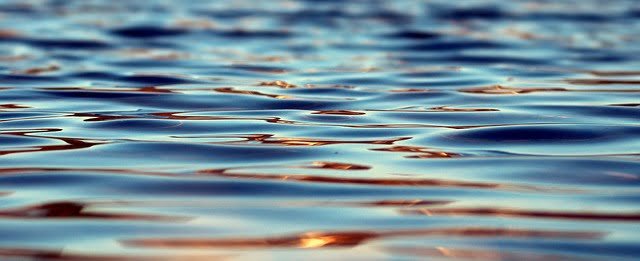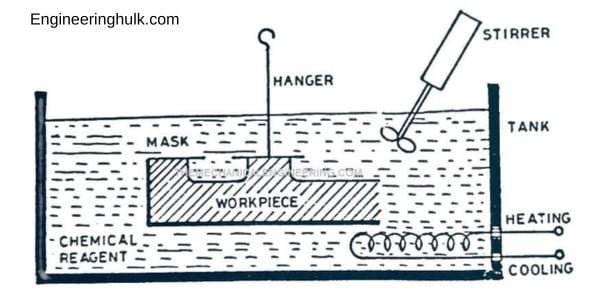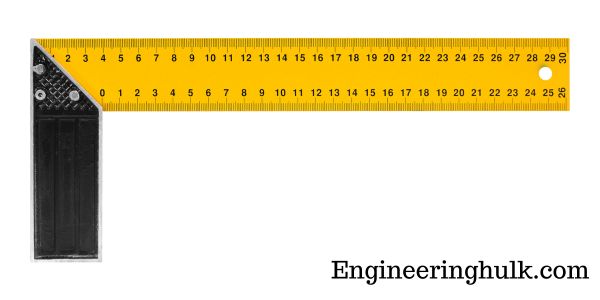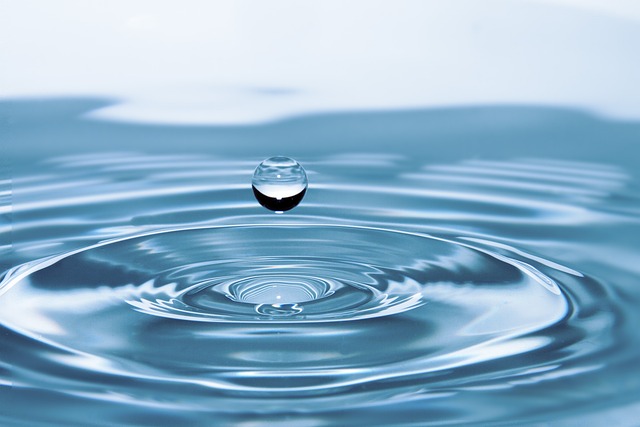Table of Contents
Specific gravity is a term used to describe the ratio of the density of a substance to the density of a reference substance. For liquids, water is the most common reference substance, and as such, the specific gravity of liquids is often referred to as their relative density. In this article, we will focus on the specific gravity of water and explore what it is, how it is measured, and its significance in various applications.
Specific gravity is a term used in physics and engineering to describe the density of a substance compared to that of water. In the case of water, the specific gravity is equal to one. This means that water is used as the reference point for measuring the specific gravity of other substances
What is Specific Gravity?
Specific gravity is defined as the ratio of the density of a substance to the density of water. Since the density of water is 1 gram per cubic centimeter (g/cm³) at standard temperature and pressure, the specific gravity of a substance is also the ratio of its density to that of water.
The formula for calculating specific gravity is as follows:
Specific Gravity = Density of Substance / Density of Water
The specific gravity of a substance can be greater than, less than, or equal to one. A substance with a specific gravity greater than one is denser than water, while a substance with a specific gravity less than one is less dense than water.
how much is the specific gravity of water?
The specific gravity of water is 1.0 at standard conditions, which is defined as a temperature of 4 degrees Celsius (39.2 degrees Fahrenheit) and an atmospheric pressure of 1 atm (760 mmHg). This means that the density of water is 1 gram per cubic centimeter (g/cm³) or 1 kilogram per liter (kg/L) under these conditions. However, the specific gravity of water can change depending on its temperature and pressure.
How is the Specific Gravity of Water Measured?
The specific gravity of water is measured using a hydrometer. A hydrometer is a device that measures the density of a liquid relative to the density of water. It consists of a long, narrow tube with a weighted bulb at the bottom that contains a scale. The hydrometer is placed in the liquid and the reading on the scale is used to determine the specific gravity of the liquid.
The specific gravity of water is always equal to one at standard temperature and pressure. However, the specific gravity of water can vary depending on temperature and pressure. The specific gravity of water is affected by temperature because the density of water changes with temperature. As the temperature of water increases, its density decreases, and its specific gravity decreases as well. Conversely, as the temperature of water decreases, its density increases and its specific gravity increases as well.
The specific gravity of water is also affected by pressure. At higher pressures, the density of water increases, and its specific gravity increases as well. At lower pressures, the density of water decreases, and its specific gravity decreases as well.

Applications of Specific Gravity of Water
The specific gravity of water has many practical applications in engineering and science. One of the most important applications of specific gravity is in the design and construction of ships and boats. The specific gravity of water is used to determine the buoyancy of a vessel. A vessel that is less dense than water will float, while a vessel that is denser than water will sink.
The specific gravity of water is also used in the design and operation of water treatment plants. Water treatment plants use specific gravity to separate solids from liquids. Solids that are denser than water will sink to the bottom of a settling tank, while liquids that are less dense than water will float to the top.
In the field of hydrology, the specific gravity of water is used to determine the salinity of water bodies. Salinity is a measure of the amount of dissolved salts in water. The specific gravity of seawater, for example, is higher than the specific gravity of freshwater due to the higher concentration of dissolved salts in seawater.
FAQ
What is the specific gravity of water at different temperatures?
Specific gravity varies with temperature. At 4°C (39.2°F), water’s specific gravity is defined as 1.000. However, as the temperature changes, the specific gravity will deviate slightly from this value.
How is specific gravity related to water density?
Specific gravity is the ratio of the density of a substance to the density of water at a specific temperature. Since water has a density of 1 gram per cubic centimeter (g/cm³) at 4°C, the specific gravity of water is always equal to 1.
Does the specific gravity of water change with pressure?
The specific gravity of water remains relatively constant with changes in pressure under normal conditions. However, at extremely high pressures or in exotic environments, there can be minor variations in the specific gravity due to compression effects.
What is the significance of 4°C in specific gravity measurements of water?
4°C is a critical temperature because it is the point at which water achieves its highest density. Consequently, the specific gravity of water is referenced at this temperature to provide a standard basis for comparisons.
How do dissolved substances affect the specific gravity of water?
Dissolved substances can alter the specific gravity of water. For example, when salt is dissolved in water (saline solution), the specific gravity increases due to the additional mass from the dissolved salt.
What is the specific gravity of heavy water (deuterium oxide)?
Heavy water, which contains deuterium instead of regular hydrogen, has a higher specific gravity than normal water. The specific gravity of heavy water is around 1.107 at 20°C.
How can specific gravity be used to determine water purity?
Specific gravity can be used as an indicator of water purity. Pure water has a specific gravity of 1.000 at 4°C. Any deviation from this value could indicate the presence of impurities or dissolved substances.
Is the specific gravity of water affected by isotopic composition?
The specific gravity of water is not significantly influenced by the isotopic composition of hydrogen and oxygen. Whether the water contains regular or heavy isotopes, its specific gravity remains close to 1.000 at 4°C.
How is the specific gravity measured experimentally for water samples?
Specific gravity can be measured using a variety of techniques, such as hydrometers, pycnometers, and digital density meters. These instruments determine the density of the water sample and compare it to the density of water at 4°C to calculate specific gravity.
What applications rely on accurate knowledge of water’s specific gravity?
The specific gravity of water is essential in various industries and fields, including brewing, winemaking, construction, shipbuilding, and meteorology. It is also crucial in environmental studies, determining groundwater contamination, and understanding buoyancy and flotation in engineering designs.
Also, read Vernier’s caliper
































Comment on “Specific Gravity of Water: A Comprehensive Guide”
Comments are closed.